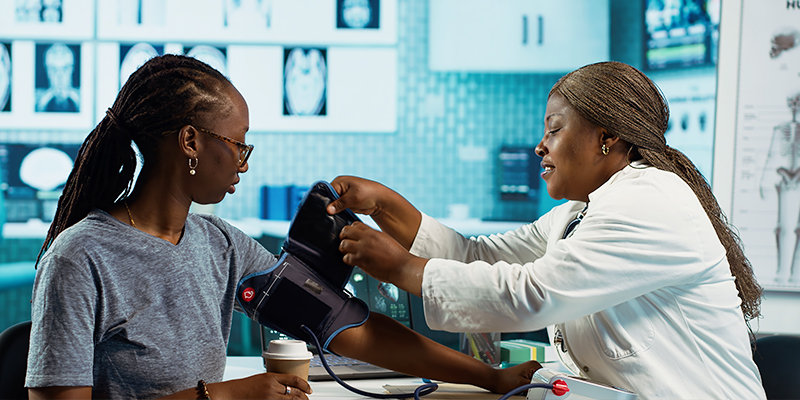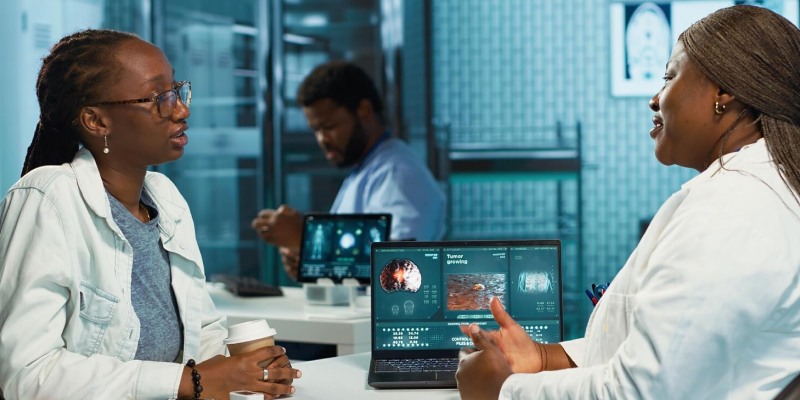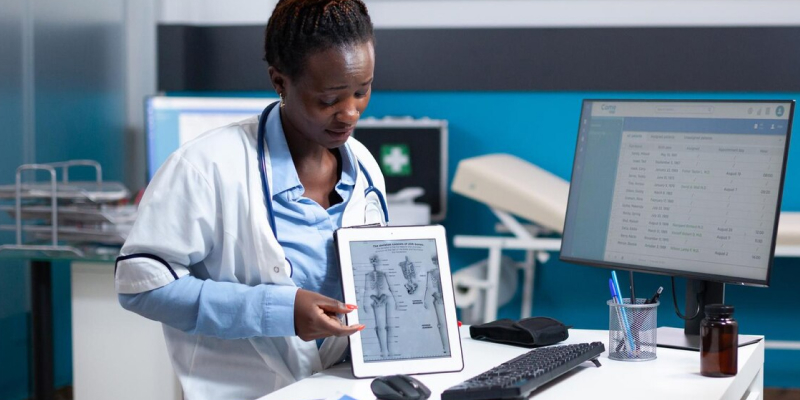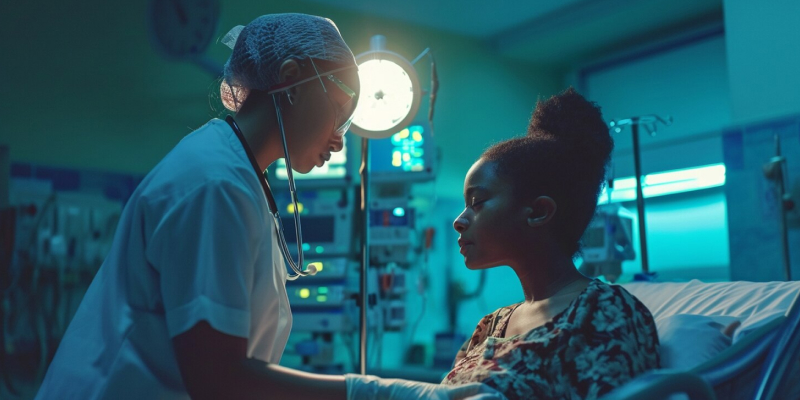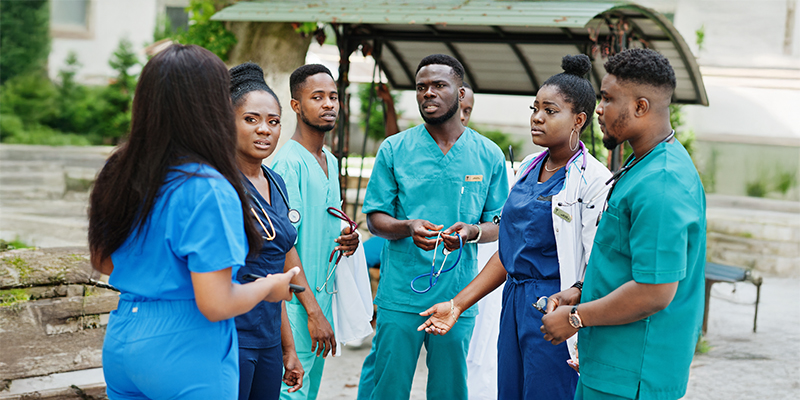Lower Respiratory Infection or Lower Respiratory Tract Infection (LRTI) affects the lower airways of the lungs. This kind of infection is mostly caused by viruses like the COVID-19 but in certain cases, bacteria and other organisms are also capable of causing LRTI. According to the Journal of Clinical and Diagnostic Research (JCDR), LRTI affects 20-40% of people in developing countries and 3-4% in developed countries.
High-Risk Groups
Lower Respiratory Tract Infection can affect adults, young children and even infants. However, adults above 50 years of age are more likely to be affected by this condition (experts suggest that the maximum number of LRTI patients are aged between 31-40 or 51-60 years). However, the recovery rate of a person above 50 years of age is much lesser than those below due to weaker immunity.
High-Risk Agents
Generally, smoking, use of tobacco, and alcohol consumption increase the risk of getting Lower Respiratory Infection or Lower Respiratory Tract Infection (LRTI).
Diagnosis
LRTIs are diagnosed with the help of chest X-rays, pulse oximeters for blood saturation, mucus or blood samples, and even CT scan.
Causes & Symptoms
In infants and young children, common symptoms of LRTI are generally mild and include flu or influenza, pneumonia, coughing and fever. However, in adults, symptoms could be severe, like chest pain, breathlessness or shortness of breath, wheezing, irregular pattern of breaths, decreased energy, loss of appetite, fever, severe pneumonia, etc.
Complicated and Uncomplicated LRTI
It is important to note that the majority of infections of the lower respiratory tract are usually uncomplicated and do not require anything more than medications. However, in certain cases where severity exists, LTRI can result in-
- Lung abscesses
- Respiratory failure
- Sepsis
- Respiratory arrest
- Congestive heart failure
Complicated Lower Respiratory Tract Infection (LRTI) may have long term effects. However, most people make full recovery with uncomplicated infections of the respiratory tract.
Among young adults, the recovery time is generally 1 week. For older adults, it may take several weeks to fully recover.
Treatment
Antibiotics are less effective in case the respiratory infection is caused by viruses. LRTI generally resolves entirely on its own with prescribed medications and proper care. Oxygen supplements are given to those suffering from acute Lower Respiratory Tract Infection, with the help of nasal prongs, catheter, etc.
Prevention
To prevent getting an LRTI, one must follow certain hygiene and health practices. They include:-
- Frequently washing hands
- Distancing from those facing respiratory complications
- Disinfecting surfaces regularly
- Getting vaccinated
The bottom line
While most Lower Respiratory Tract Infections or LRTI get better with over-the-counter medications and plenty of rest, the severe ones may require hospitalisation- IV fluids, antibiotics, and breathing support. HJ hospital doctors and staff are experts trained and experienced in monitoring and nursing patients with Lower Respiratory Tract Infections. The hospital is equipped with the latest technology machines and infrastructure that could ease the process of recovery manifoldly.






 May 21, 2021
May 21, 2021 Admin
Admin





